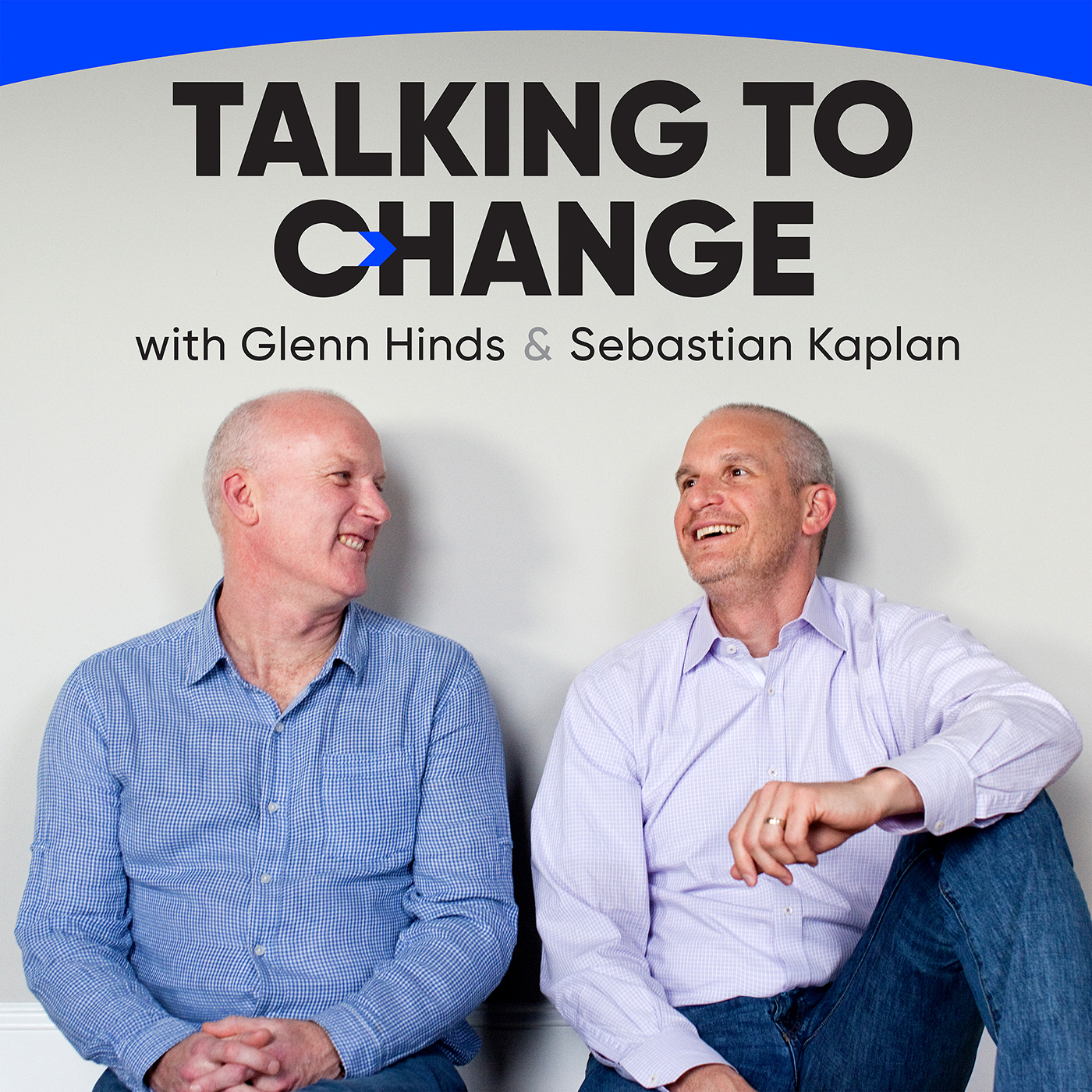MI and the Māori Culture
Glenn and Sebastian welcomed Tipene Pickett on to discuss the Māori Culture from New Zealand and its relationship in the practice and teaching of Motivational inetrveiwng. Here is his bio:
Nga Ngaru a Te Huki te Maunga – The waves of Te Huki is my Mountain
Waihua te Awa – Waihua is my River
Kahungunu te Iwi – Kahungunu is my tribe
Kurahikakawa te Hapu – Kurahikakawa is my Sub-tribe
Waihua te Marae – Waihua is my Marae
Ko Tipene Pickett toku ingoa – Tipene Pickett is my name
Post Grad Cert Health Sciences, BA psych & Anthro., Member of Motivational Interviewing Network of Trainers (MINT) since 2013.
I have been an alcohol and drug since 1998 in a number of Governmental, NGO and Kaupapa Māori settings. A practitioner of Motivational Interviewing (MI) for the past 20 years and an MI trainer of trainers since 2013.
I’m currently self employed since 2019 and employed as a trainer for several Government District Health Boards as well as Non Government Organisations as a trainer for upskilling people in a variety of roles and across a number of disciplines including – Clinical Psychologists, Psychiatrists, Social Workers, Alcohol and Drug Clinicians. Peer Support Workers as well as Cultural Consultants. This also includes strategic planning and implementation to embed MI into the infrastructure of organizations in order to achieve a sustainable culture of ongoing evaluation and upskilling to maintain MI practitioners proficiency.
I provide a wide spectrum of MI training including MI with groups, coaching as well as training in the use of the Motivational Interviewing Treatment Integrity (MITI) & Video Assessment of Simulated Encounters (VASE-R NZ).
My special interest is in the relationship between MI and indigenous knowledge and wisdom. To that end I’ve had the privilege of developing a framework for framing the journey of MI within the context of the Maori language (Te Reo) and practices (Tikanga) as well as contemporary Maori models of health as well as use of traditional Pūrakau (narratives of origin) of enhancing wellbeing.
As a member of the Motivational Interviewing Network of Trainers means I’m part of a global community of people who share a similar vision of change and scrutiny of professional practice in order to be the most effective clinicians we can be by embracing the way of being MI offers
He manu e kai ana i te miro, nōnā to ngahere. He manu e kai ana i te matauranga, nōnā to ao.
A bird who feeds of the miro berry, theirs is the forest. A bird who feeds on knowledge, theirs is the world.
00:00 – Introduction and episode preview
04:48 – Tipene’s introduction, early MI story, and his discovery of his own culture
14:45 – The experience of confrontation and learning about what’s more helpful
19:00 – Discovering what’s within you and who you are
26:30 – Engagement, self-disclosure, and narratives of origin
48:30 – Confidence rulers
1:01:30 – How might language change our physiology?
1:07:55 – End of episode
Glossary of Māori terms used in this episode:
Pepeha a description of tribal identity that includes:
Links and contact information:
Email: tipenepickett007@gmail.com
For suggestions, questions and to enquire about training in Motivational Interviewing contact Glenn & Sebastian
Email: podcast@glennhinds.com
Twitter:
For all previous episodes CLICK HERE
We welcome all donations to support us
The post Ep 58 – MI and the Māori Culture appeared first on .



Comments & Upvotes